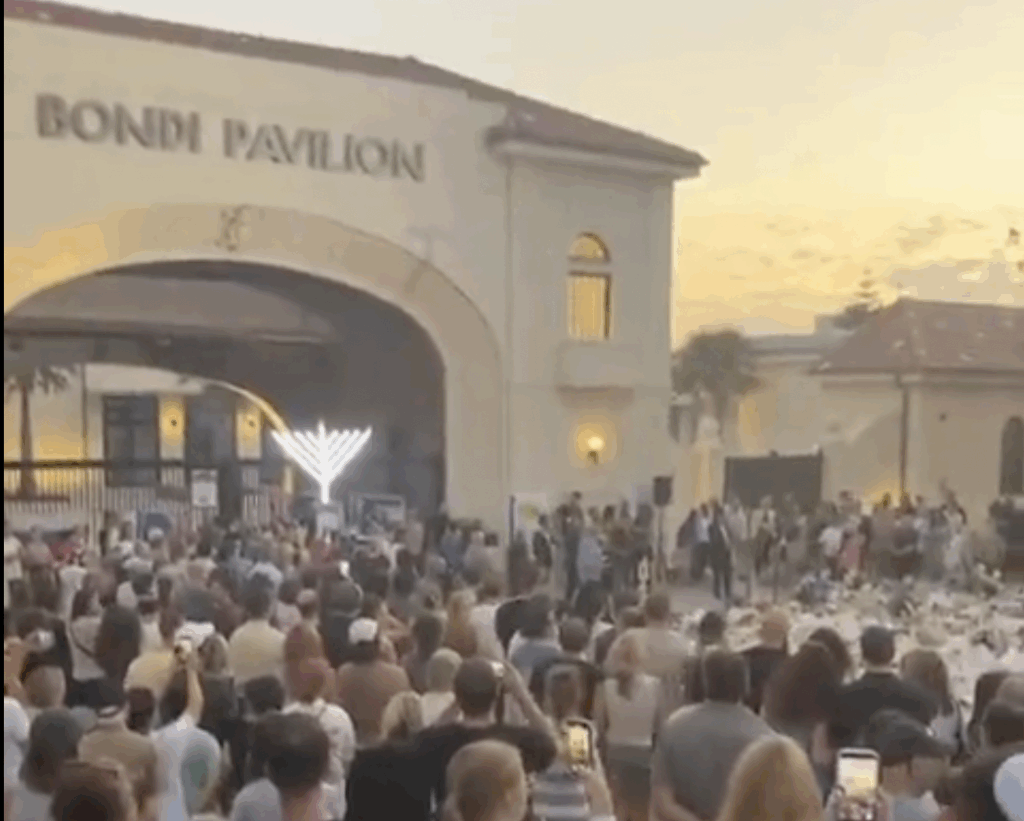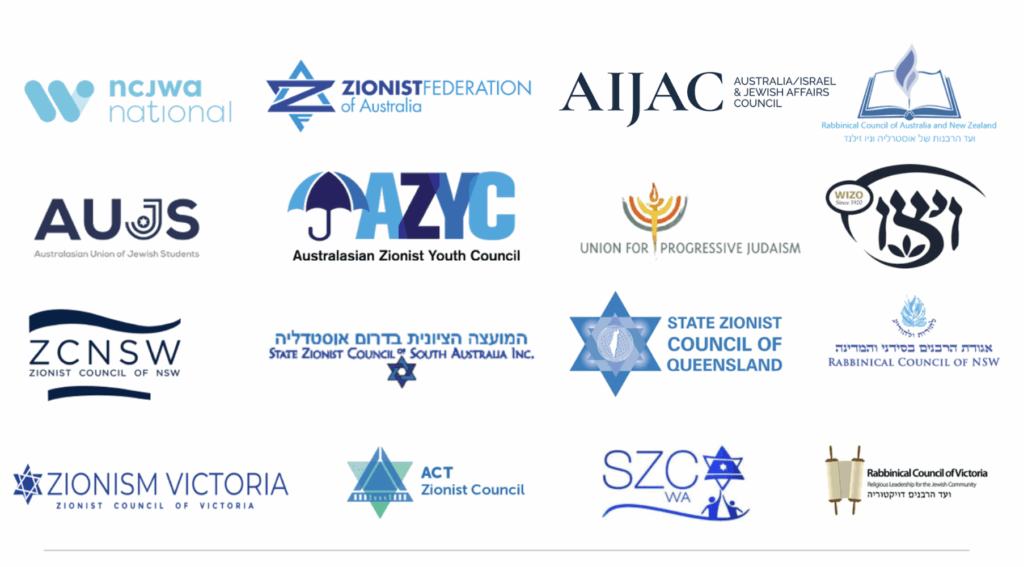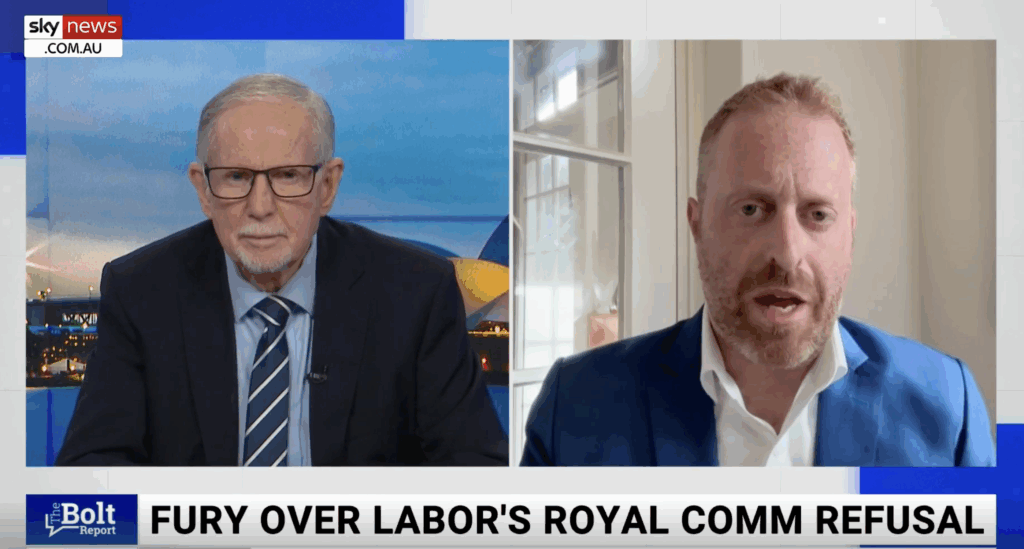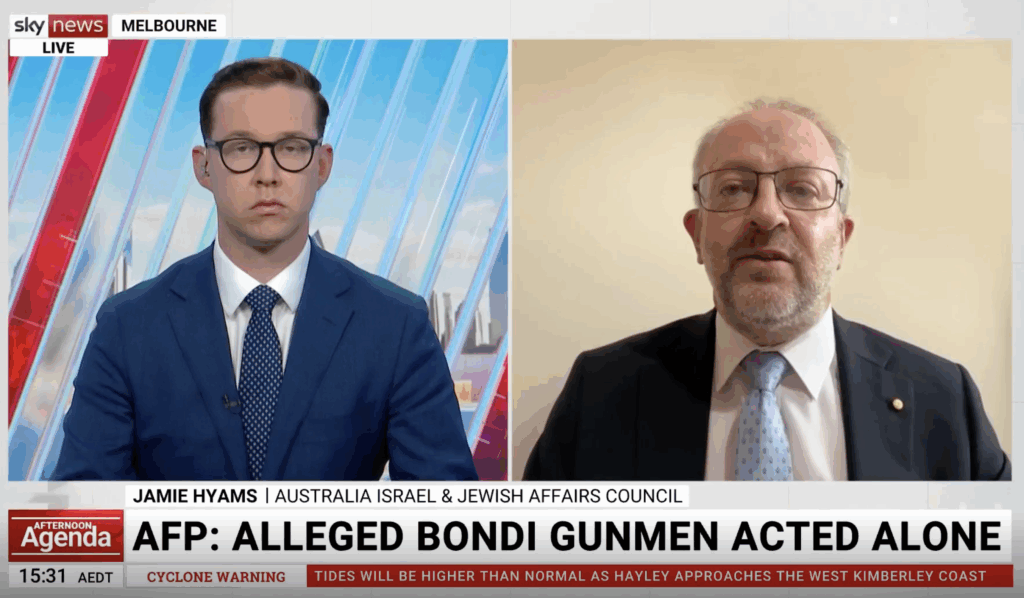UPDATES
Israel gets no credit for settlement construction curbs
February 3, 2016 | Ahron Shapiro
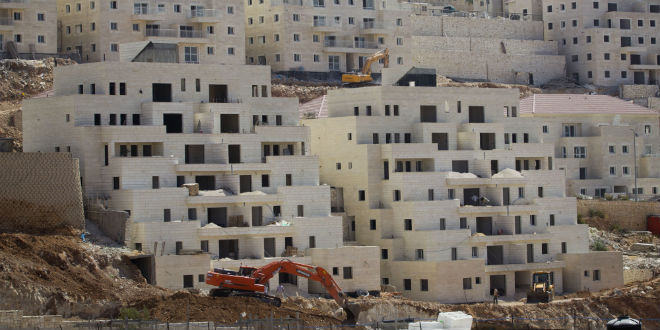
If a long-term freeze on approvals for new construction in West Bank settlements and east Jerusalem happened without the Israeli government publicly acknowledging or announcing it, shouldn’t it still count as a concession for peace? And what does it say about the goals of the Palestinian leadership, which apparently knew about the gesture and yet continued to accuse Israel of “massive settlement expansion” and use settlements as a pretext to avoid negotiations?
Those are some of the question that people should be asking after Ha’aretz reporter Chaim Levenson reported last week that the Israeli government appeared to be ending an 18-month freeze on new authorisations for housing in the settlements with the announcement of the approval of 153 residential units in Samaria and east Jerusalem.
According to Levinson:
For almost two years now, the government has largely refused to advance new building plans in the territories, due to fear that the U.S. administration would retaliate by refusing to veto anti-Israel resolutions in the UN Security Council. The only plans that did move forward involved either legalization of existing outposts or master plans for areas where petitions to the High Court of Justice spurred the government to act.
In a column on Friday, Jerusalem Post columnist Caroline Glick offered a bit more insight into the freeze:
From [Levinson’s] report, we learn that the government’s critics in Jerusalem, Judea and Samaria who claimed that it was barring Jewish building were right all along. Despite the government’s denials, the fact is that for at least the last year and a half, Prime Minister Benjamin Netanyahu and his ministers maintained an undeclared freeze on construction for Israeli Jews in Jerusalem, Judea and Samaria.
During this period, Jews have only been permitted to build in these areas either on the basis of plans that had received final approval before the unofficial freeze took effect, or in cases where refusal to approve building would have involved admitting that a freeze was in effect. So, for instance, in areas where the rights of Jews to their property in Judea and Samaria have been challenged before the Supreme Court by EU-financed Israeli NGOs like Yesh Din, the government has defended those rights and so given permission for Jews to exercise their property rights.
To avoid any confusion regarding the terminology, it should be made clear that this was not a total freeze of the kind that Netanyahu imposed for ten months in 2009-2010. During that time, both planning and construction was halted. In the latest freeze, housing starts and completions did continue based on plans that had already been approved in the past, however no new housing was approved (with the exception of a few cases where the government was compelled to do so as a result of legal action).
Nevertheless, similar to what would happen if you shut a valve at the start of a long, flowing pipeline, it was a form of a freeze that must inevitably lead to a slowing of construction of homes in settlements over the long term.
Predictably, then, a simple check of the latest report from the Israeli Central Bureau of Statistics shows a considerable slowing of West Bank housing starts over the course of 2015. After a spike in housing starts in the first quarter, the second quarter showed a drop of 18.6 percent compared to second quarter 2014, and a drop of 67.8 percent in the third quarter 2015 compared to the same quarter the previous year.
Even if the statistics for 4Q 2015, which are due next month, merely remain stable or grow slightly, 2015 is still on track to have the fewest number of new Israeli homes started in the West Bank since 2012.
And, as Ha’aretz‘ Levinson himself had reported in October, “since Netanyahu became prime minister in 2009, there has been less construction activity in the settlements than under any other prime minister since 1995.”
As is always the case – though it bears repeating – the vast majority of homes that Israel builds in the West Bank are in settlement blocs that are expected to remain under Israeli sovereignty in any peace agreement, due to land swaps. This is a fact that even anti-settlement groups like Peace Now readily acknowledge.
One mustn’t forget, either, that settlements take up less than two percent of land in the West Bank. Last year, AIJAC produced an information sheet on the settlement issue that covers this and other pertinent points.
International Perception and Reality
Returning to the matter of the informal freeze, long after these self-imposed curbs were in place, US Secretary of State John Kerry and many other world leaders continued to criticise Israel as though they weren’t. In October, Kerry said that “there’s been a massive increase in settlements over the course of the last years” and linked the settlement issue to the wave of Palestinian violence against Israelis.
Then, in December, Kerry said “The continued settlement growth raises honest questions about Israel’s long-term intentions”. (h/t Elder of Ziyon)
Here in Australia, former Australian Foreign Minister Bob Carr claimed in an Op-Ed for the Weekend Australian in November 2014 – again, after the informal freeze had begun – the spurious claim, debunked in my blog post at that time, that “they [Israel’s settlements] have doubled in the past 54 months alone”.
Meanwhile, Palestinian Authority officials – who were naturally aware that Israel had stopped making housing construction approvals since they never failed to issue scathing condemnations for all previous ones – only stepped up their attacks on Netanyahu during this time. As PLO Chief negotiator Saeb Erekat told the BBC in November, “You [Netanyahu] managed to destroy the two-state solution, you [Netanyahu] managed to destroy hope.”
Why the secrecy?
Obviously, it would have been more difficult to make such statements if Israel had made its freeze public. One might well ask why Prime Minister Netanyahu avoided doing so instead of trying to reap diplomatic reward from it.
Two possible reasons readily come to mind. First of all, the ten-month unilateral freeze of 2009 and 2010 continues to be seen by some in Israel, and certainly most MKs from Netanyahu’s Likud party, as a diplomatic failure. During most of the freeze, the Palestinians refused to return to negotiations. When they finally did start talking nine months into the freeze, they only wanted to talk about extending the freeze – not final status issues. According to this reasoning, making public a similar unilateral concession might simply invite more demands.
Second, Netanyahu was facing internal pressure to continue to build in the settlements from members of his own party as well as supporters of the settlers from within his coalition. Under the circumstances, publicizing the freeze could risk bringing down Netanyahu’s government.
And while it’s true that the freeze was kept low-key, it wasn’t a complete secret. A number of articles from various Israeli news outlets had raised the possibility a freeze was in place, describing it as “unofficial” or “informal” in stories that usually included a denial from a government official that such a freeze was on.
For example, it was mentioned in stories in Ha’aretz last November and July, the Jerusalem Post in October, Ynet last March, and last July, and the Times of Israel last October.
Despite the fact that Israeli media had been reporting occasionally about the freeze – and the inherent newsworthiness, when reporters reveal any policy any government, anywhere, tries to hide – the freeze was ignored entirely by the world’s largest news organisations, including those with Israel-based correspondents, and sometimes in a very obvious way.
For example, the media watchdog Website BBC Watch has shown how the BBC used Ha’aretz’ story about the new construction announcement as the basis for a report on its own website yet somehow ignored the other parts of the same Ha’aretz story pertaining to the 18-month freeze.
Funny, too, as I pointed out in a blog in 2014, how so many international news outlets are quick to report when settlement housing construction increases, but don’t file stories when the quarterly statistics show a decrease.
Apparently for these journalists, the false narrative of “massively expanding” settlements preventing the creation of a Palestinian state must be protected, regardless of whether or not the facts support it.
Ahron Shapiro
Tags: Israel

